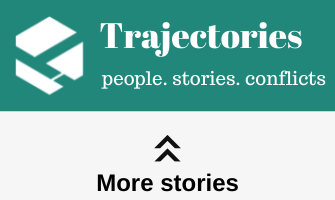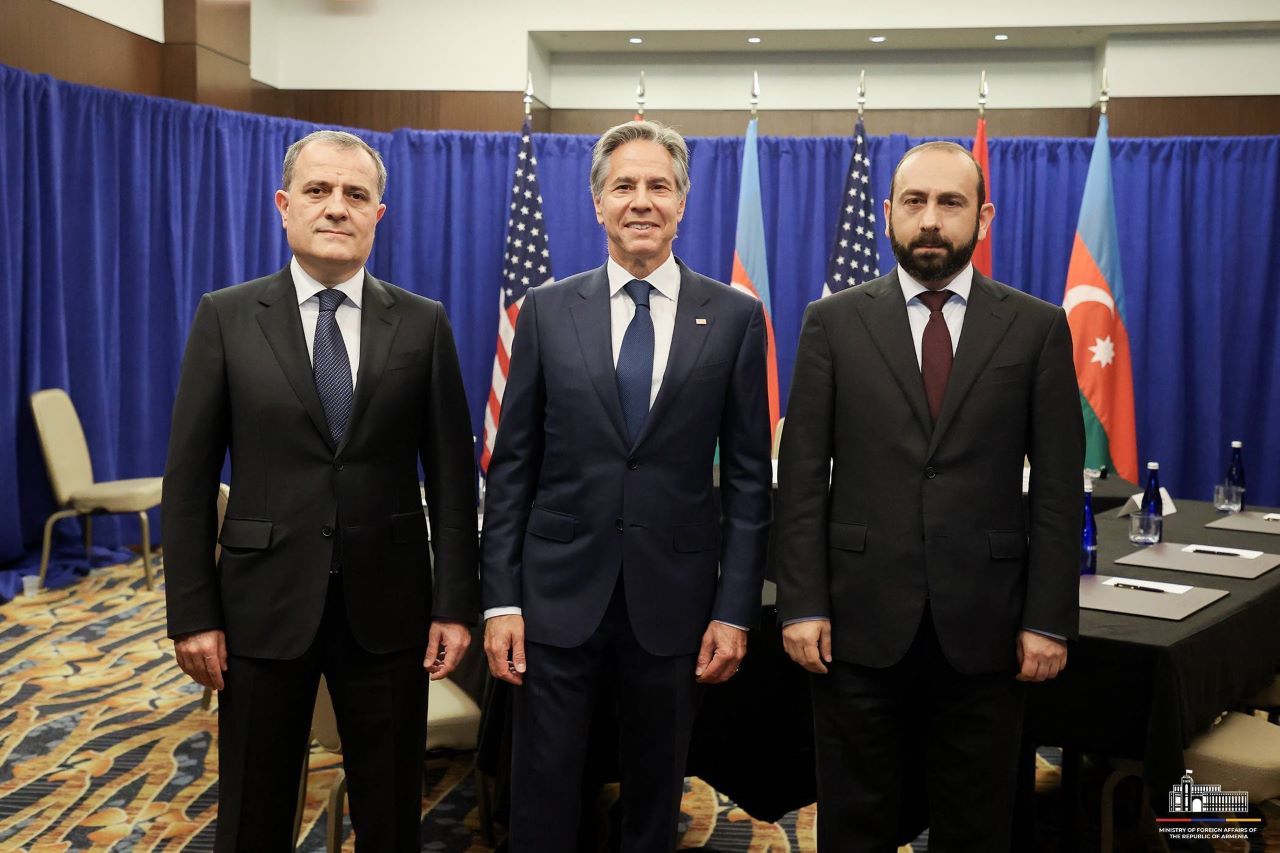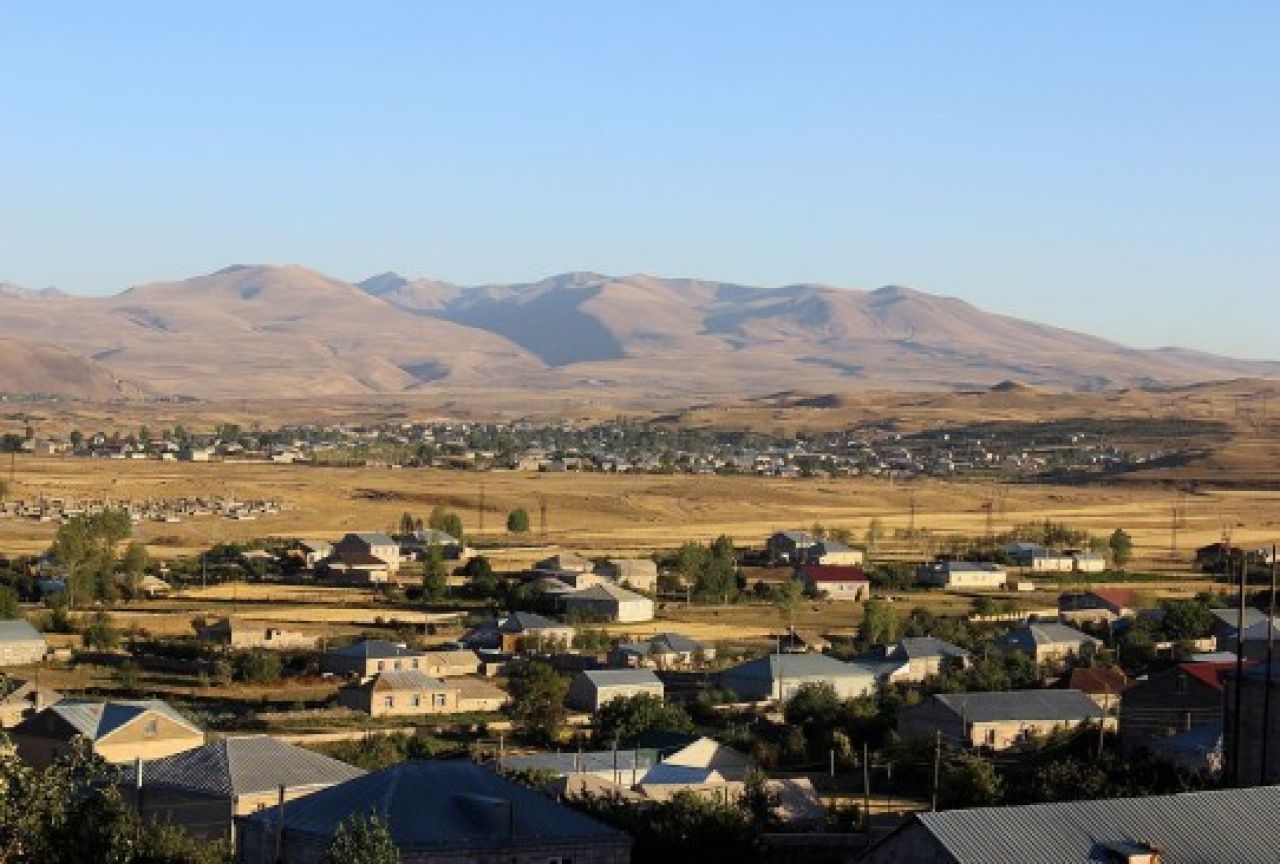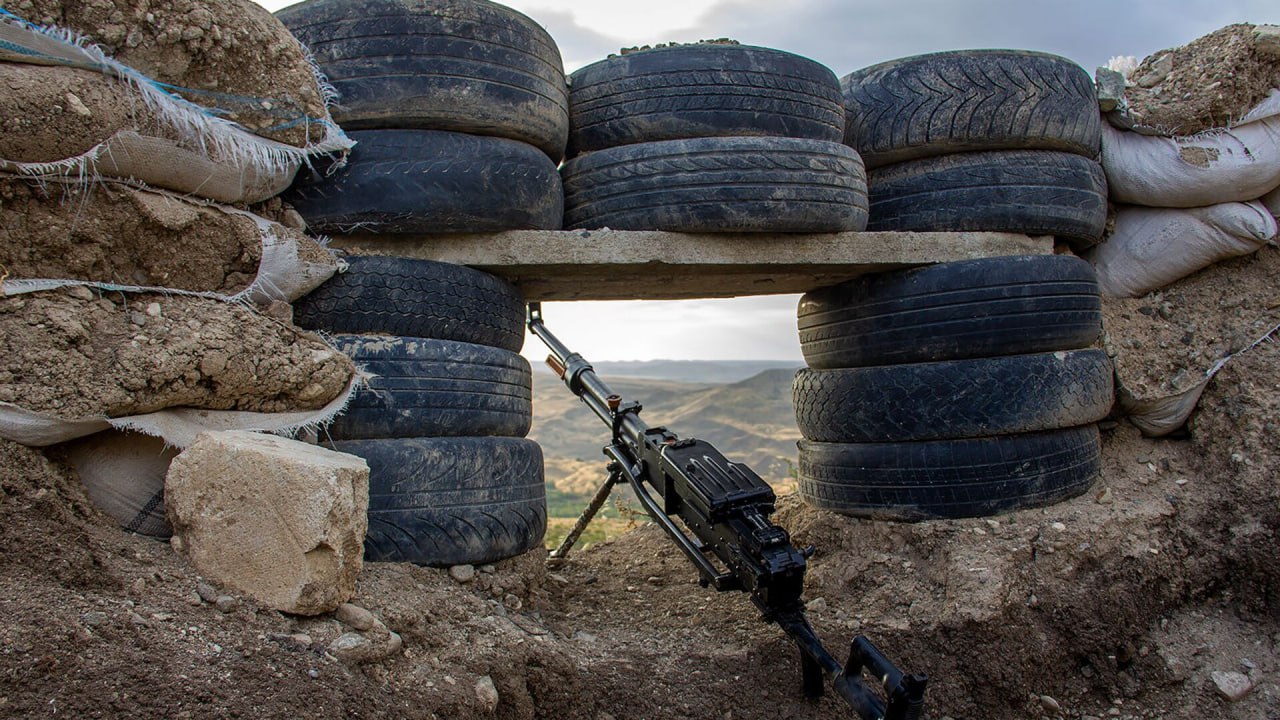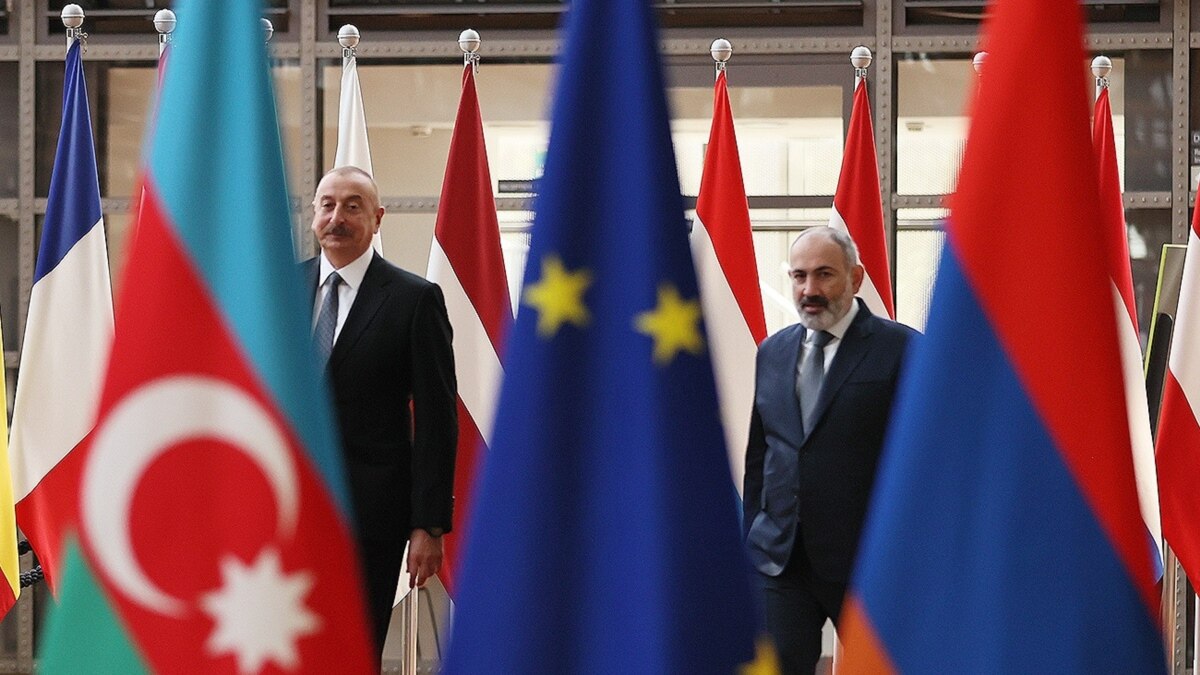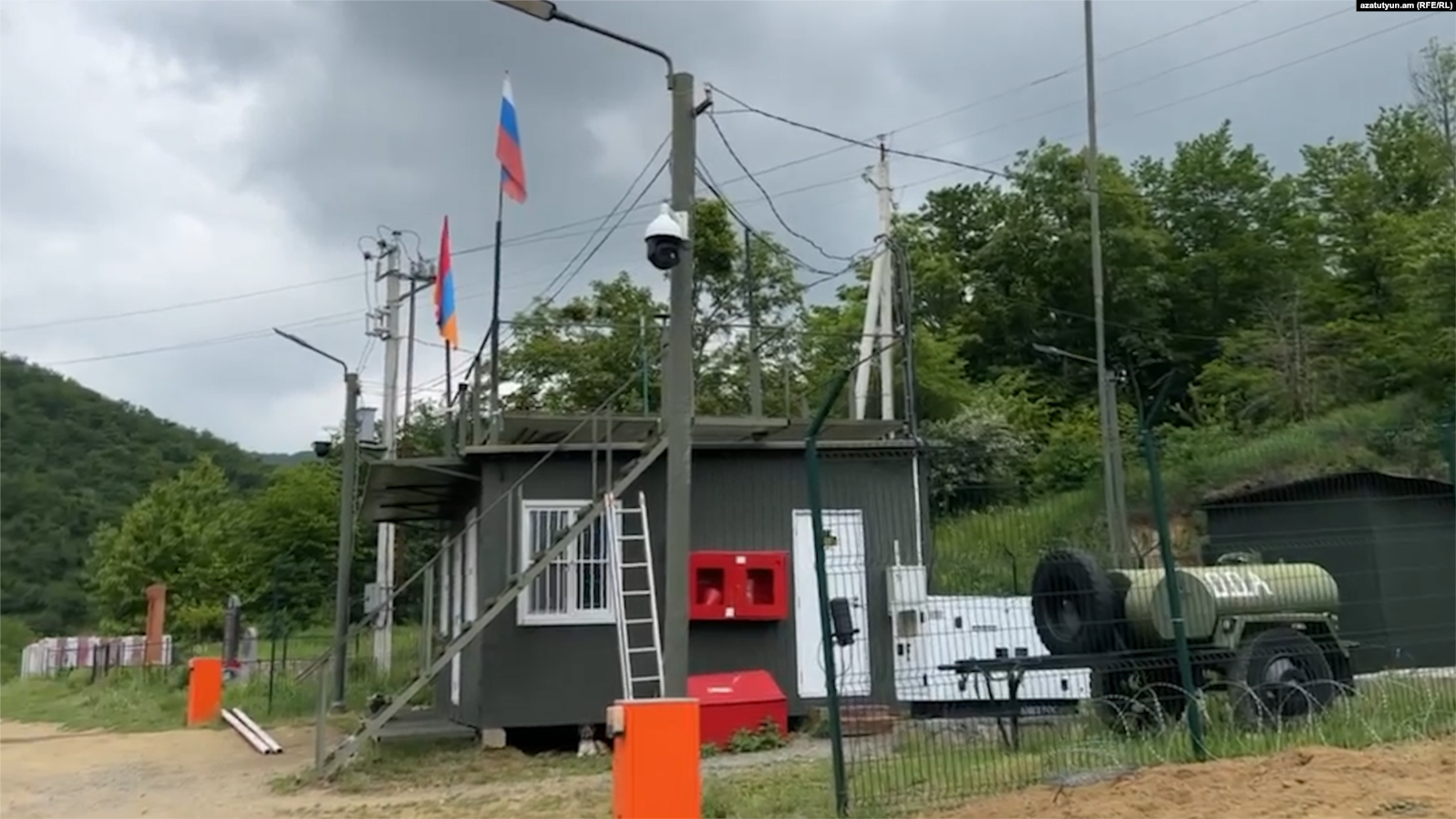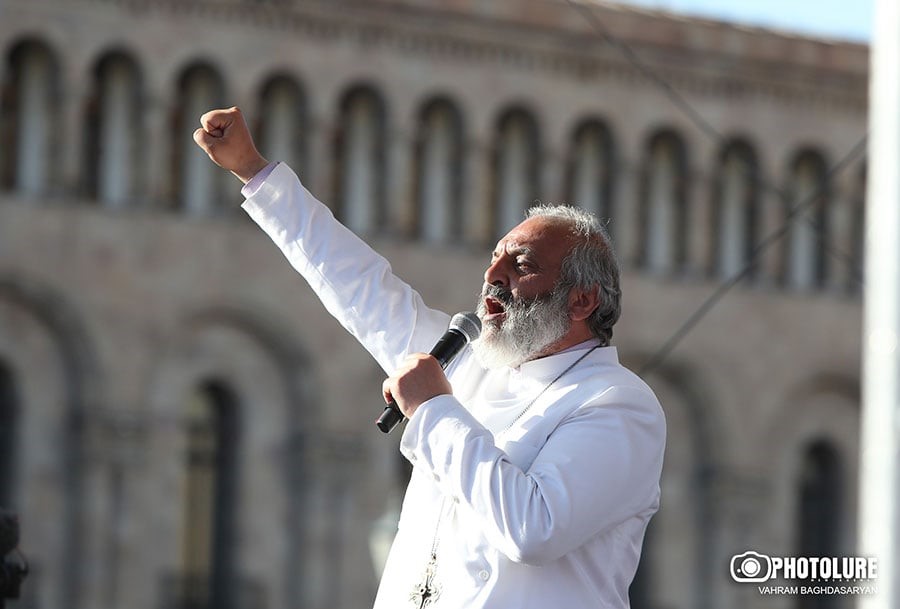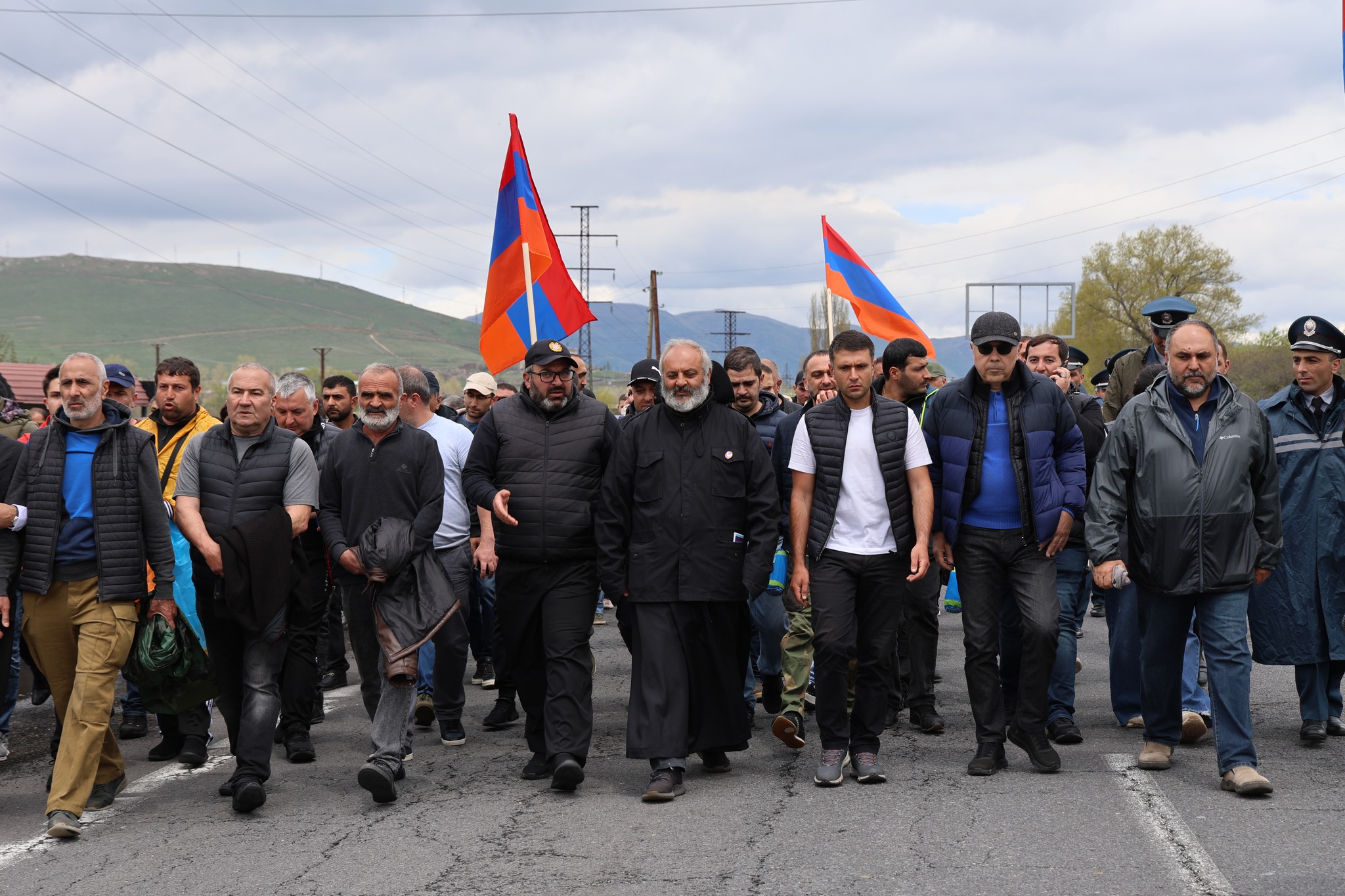Guilt for two: why Armenia and Azerbaijan should admit their mistakes
At present, Armenia and Azerbaijan deny their responsibility for the bloody tragedies that occurred during the entire duration of the Karabakh conflict, shifting all the blame onto each other. But how advantageous is this position?
The Holocaust Memorial is one of the main attractions of modern Berlin – like the Berlin Wall, the Topography of Terror exhibition center, and a tiny museum in the former workshop of Otto Weid, a manufacturer who saved his Jewish workers from the Nazis.
Of course, there are many more interesting things in Berlin that have nothing to do with World War II. But that one day that I spent there turned into a tour around the monuments of this kind. So I remember the capital of Germany as a city flaunting its “dark past”, almost defiantly repenting but not losing its slightly arrogant dignity. All this evokes a mixture of respect and surprise.
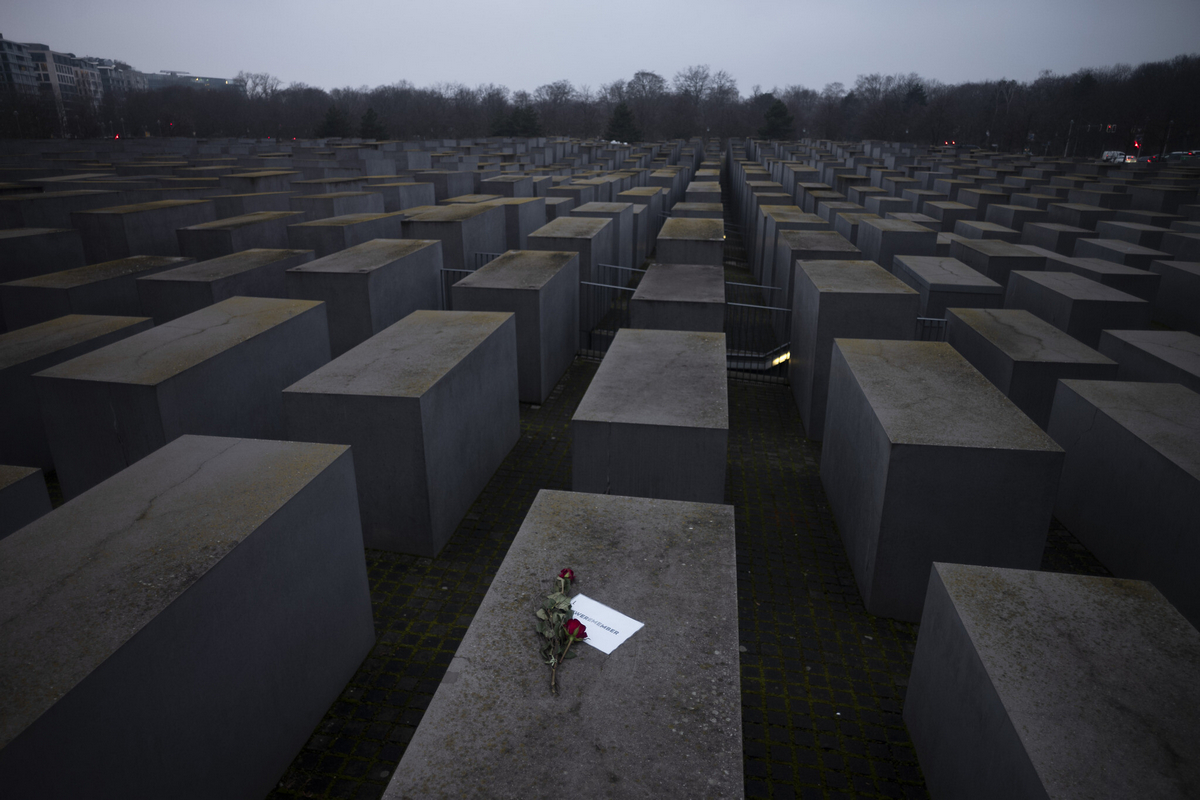
It turns out that you can do that. You can say: yes, we destroyed millions of people in every possible way, tried to crush half a continent, and in general, behaved in a completely bestial manner, and this, of course, is terrible, but we remember this, and we will remember, and we will remind ourselves and you, so that this does not happen again.
All this can be said and the crown will not fall. And you can turn the most unsightly pages of your history into additional pages of a tourist guide.
Now imagine that one day in Shusha (Shushi), for example, there will be a common memorial to all the victims of the Armenian-Azerbaijani conflict, starting from 1905 – civilian victims of all massacres, pogroms, shelling. But first, all this must at least be admitted.
In our case, both Armenia and Azerbaijan lay the blame on each other and stubbornly refuse to accept at least part of the responsibility for what happened during these more than one hundred years, with a break for Soviet remission. Both of them consider apologies by the other side an indispensable condition for reconciliation: let them first admit that they were wrong, and we will then forgive them.
Let us digress from what theoretically the final solution to the Karabakh conflict can be. But even if an ideal solution that suits everyone is found, it will hardly nullify the long-term enmity overnight, it will not eradicate the mutual grievances and claims accumulated over decades.
True reconciliation is only possible through mutual recognition of one’s mistakes and wrongs and mutual repentance. Well, or at least an imitation of remorse, if there isn’t a sincere one.
It is not so important in this case who was wrong initially, and who was the instigator of the conflict. Claims for absolute innocence and the image of a victim in a crown of thorns and a white coat look quite ridiculous, even when it comes to a single person – not to mention entire countries and societies. Even from the Second World War – despite the fact that Germany coped with the role of the main antagonist excellently – not a single state came out completely untainted.
Of course, no one likes to admit their guilt. And, if you wish, you can deny any accusations against you as much as you like. What Germany did right up to the end of the 1970s: everything was not as you say it was, or, rather, not quite like that, do not exaggerate, we also suffered, and in general, Hitler was an Austrian, so leave us alone.
Until a certain moment, only a few people voiced the opposite opinion. The recognition of the so-called “German guilt” took a long time to become a political agenda and was caused by a combination of various external and internal factors.
Of course, the example of Germany is unique, not indicative, and mentioning it in the context of Armenian-Azerbaijani relations may not seem entirely relevant. Just in case: no, I am not drawing parallels between the Second World War and the territorial-ethnic conflict of two small countries, and I am not comparing any of its participants with the Nazis.
It’s not about Germany. The point is the very fact that without mutual admission of guilt it is impossible to get rid of the sediment left by any war and ethnic “quarrels” and, admitting your mistakes is, after all, “an adult way” of dealing with things.
Among other things, admitting guilt deprives the opponent of one of his “trump cards” – he will no longer be able to justify retaliatory violence as “restoring justice.” Only then, perhaps, can this bloody relay race finally end. The fact that neither the Armenian nor the Azerbaijani governments are currently eager to engage in “self-criticism” is, in principle, understandable and logical.
Another thing is that both societies do not want to do this either. They do not even want to admit thoughts of their own infallibility and popular international experts are required to fully embrace one side or the other.
Experts get blamed by both sides when they say that both sides are to blame. The most textbook example of this is the British journalist Thomas de Waal, whose book “Black Garden” was equally disliked in Armenia and in Azerbaijan, precisely because the author does not seek to whitewash or stigmatize anyone.
Yes, I understand that it is not the time yet and the time will not come in the near future (unless some circumstances arise and force both societies and politicians to change their rhetoric). The pain and the euphoria are still too fresh.
On this pain and euphoria, the national idea in our countries is now being built (this conclusion is not mine, suggested by someone else, but I agree with it). This is not the best foundation, but very popular nevertheless, and not only in our region.
So it is not the time yet, and it may not come any time soon. It may not even ever come at all, but without this there will be no real peace in the South Caucasus. All we can anticipate is another remission.
Trajectories is a media project that tells stories of people whose lives have been impacted by conflicts in the South Caucasus. We work with authors and editors from across the South Caucasus and do not support any one side in any conflict. The publications on this page are solely the responsibility of the authors. In the majority of cases, toponyms are those used in the author’s society. The project is implemented by GoGroup Media and International Alert and is funded by the European Union



